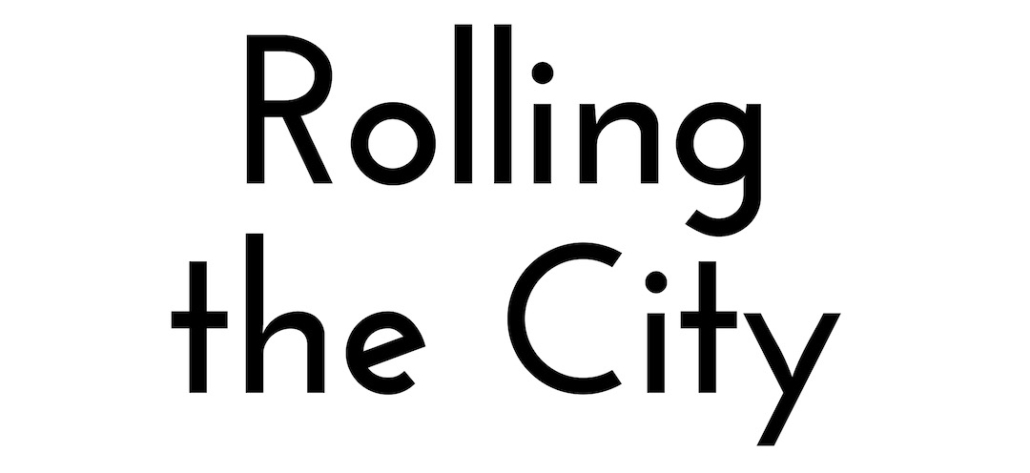The emission-free era

Living in a world where mobility is key, cars, trucks and vans have proven to have radically changed our lives since as early at the late 19th century. They brought the us freedom and opportunities to pursue our dreams, however far away they might (literally) be.
Unfortunately, cars and other modes of transport have proven to be somewhat of an nightmare, both environmentally and health-related. In Amsterdam for example, 35% of nitrogen dioxide emissions stem from road traffic, which can cause hindering growth in vegetation. According to the World Health Organization, this kind of pollution causes 7 million deaths worldwide, because of directly related health issues such as lung disease and strokes.
However, this won’t be a story of damnation. Governments, businesses and individuals are taking action to reduce emissions and make cities and countries both cleaner and healthier. Emission-free transport is high on their, and our, to-do-list. The desire to drive a vehicle will most likely not disappear, but what we can do is make those vehicles smarter and cleaner than ever before.
The emission-free era is just around the corner, as various global projects have proven. The University of Amsterdam for example, was able to reduce their amount of supply deliveries from 30,000 to 750 annually, by using electric vans in combination with a nearby storage and distribution centre. Masdar City, a planned city project in Abu Dhabi, is a city that completely relies on sustainable energy sources. The city of Vancouver is also not sitting still, as they are building smart green houses that rely on electricity to reduce Co2 emissions.
Keep up with Rolling the City to see how our electric cargo vehicles will be part of the pollution solutions.














